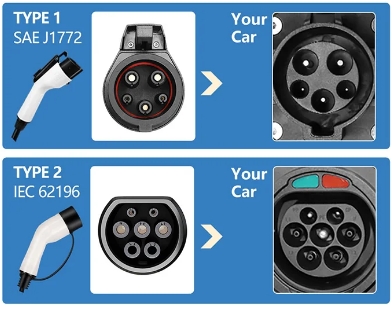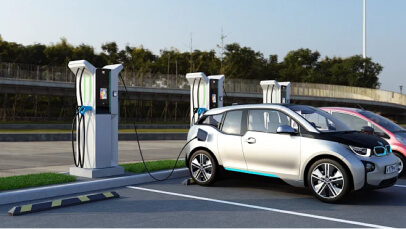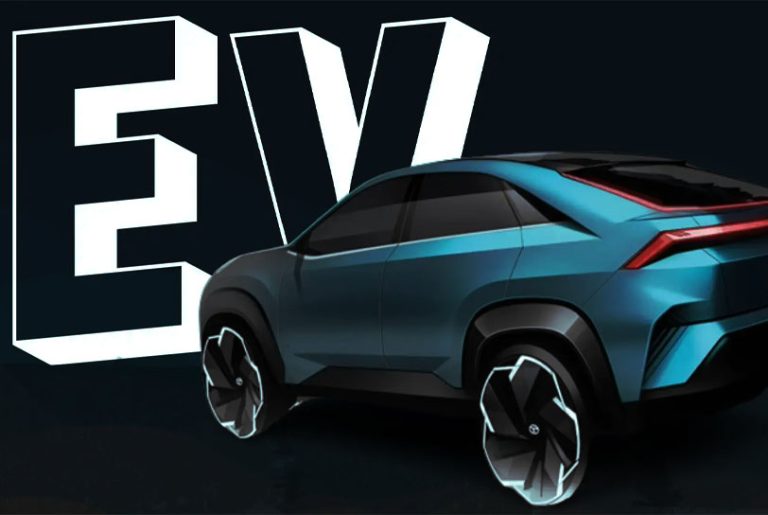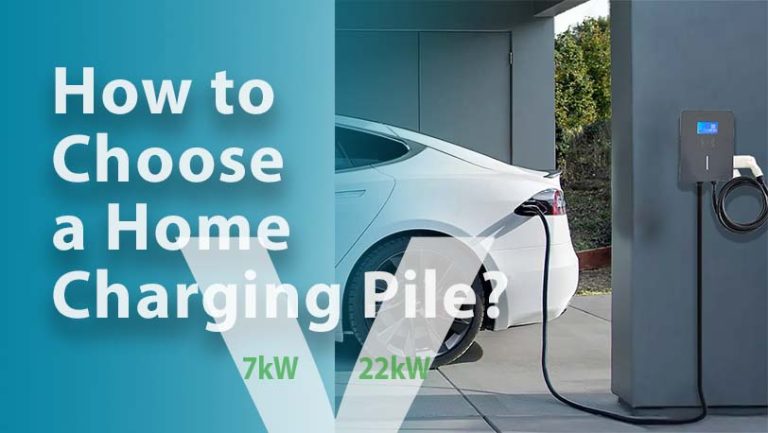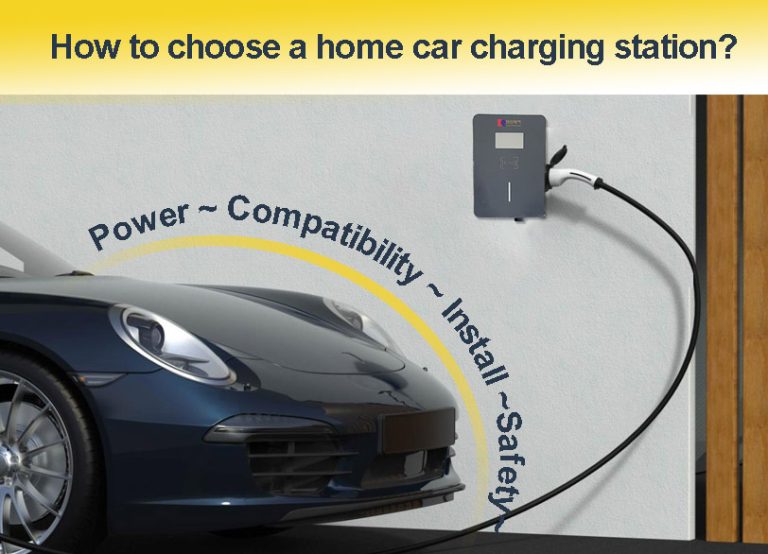Electric vehicle (EV) charging stations are packed with smart safety features to protect users, cars, and the power grid. Let’s break down the key protections in simple terms.
1. Overvoltage and Undervoltage Protection
EV charging stations monitor voltage levels constantly. If the voltage rises too high (overvoltage) or drops too low (undervoltage), the system stops charging immediately. This prevents damage to your car’s battery and avoids power grid instability.
Why it matters: Overvoltage can fry electronics, while undervoltage strains the battery.
2. Overcurrent and Short-Circuit Protection
The station limits electrical current during charging. If a sudden surge occurs (like a short circuit), it cuts off power instantly. Think of it as a circuit breaker in your home but smarter.
How it works: Sensors detect abnormal current spikes and shut down the system in milliseconds.
3. Leakage (Ground Fault) Protection
Water and electricity don’t mix. Charging stations use Ground Fault Circuit Interrupters (GFCIs) to detect even tiny current leaks. If a leak is found, charging stops to prevent electric shocks.
Example: Imagine rainwater seeping into a connector—GFCI acts before harm occurs.
4. Overheating Protection
Charging generates heat. Stations have temperature sensors in critical parts like cables and connectors. If things get too hot, charging pauses until components cool down.
Bonus: Some models include cooling fans or heat-resistant materials for extra safety.
5. Lightning and Surge Protection
Storms can send power surges through the grid. Charging stations use surge protectors to absorb these spikes, shielding your EV and home appliances.
Pro tip: Unplug during severe storms for added safety, though surge protection usually handles it.
6. Anti-Dust and Water Resistance
Outdoor charging stations often have an IP54 or IP65 rating. This means they block dust and resist water jets. You won’t need to worry about rain or dusty environments.
Translation: IP65 = “Dust-tight and protected against low-pressure water.”
7. Connector Locking and Anti-Theft
Many stations lock the charger to your car while charging. This prevents accidental unplugging or theft.
User-friendly: Unlocks automatically when charging finishes or via your smartphone app.
8. Software Safety Checks
Advanced stations run self-diagnostic tests daily. They check cables, connectors, and internal circuits for faults. If an issue is found, the station alerts you or the operator.
Peace of mind: It’s like your car getting a mini health check every time you charge.
Why These Protections Matter
- Safety first: Prevents fires, shocks, and equipment damage.
- Longer lifespan: Protects both the station and your EV’s battery.
- Grid stability: Avoids power fluctuations that could affect nearby homes.


